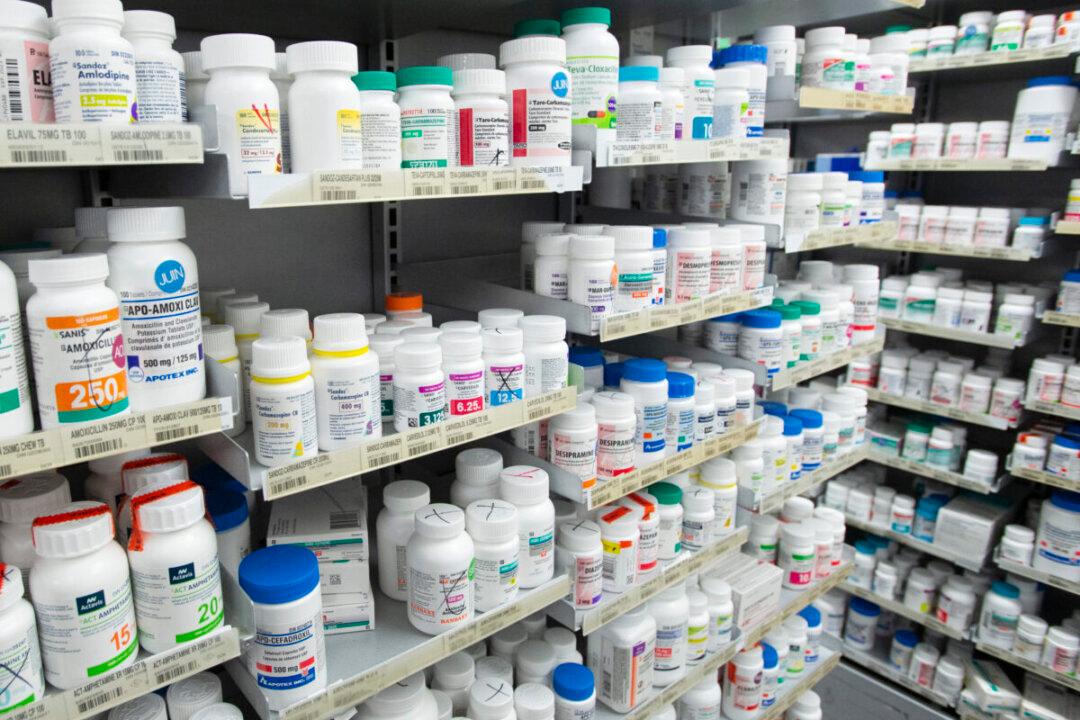Health Minister Jean-Yves Duclos was told of the “hard reality” of getting pharmaceutical companies to lower their drug prices before he urged an independent federal agency to pause the discussion in favour of more consultation, a 2021 memo shows.
“After five years, myriad policy proposals and many hundreds of hours of consultation, it would appear the pharmaceutical industry is simply not amenable to any measures that would further constrain its ability to sell patented medicines in Canada at free market prices,” said the document, titled “Memorandum to the Minister of Health.”





